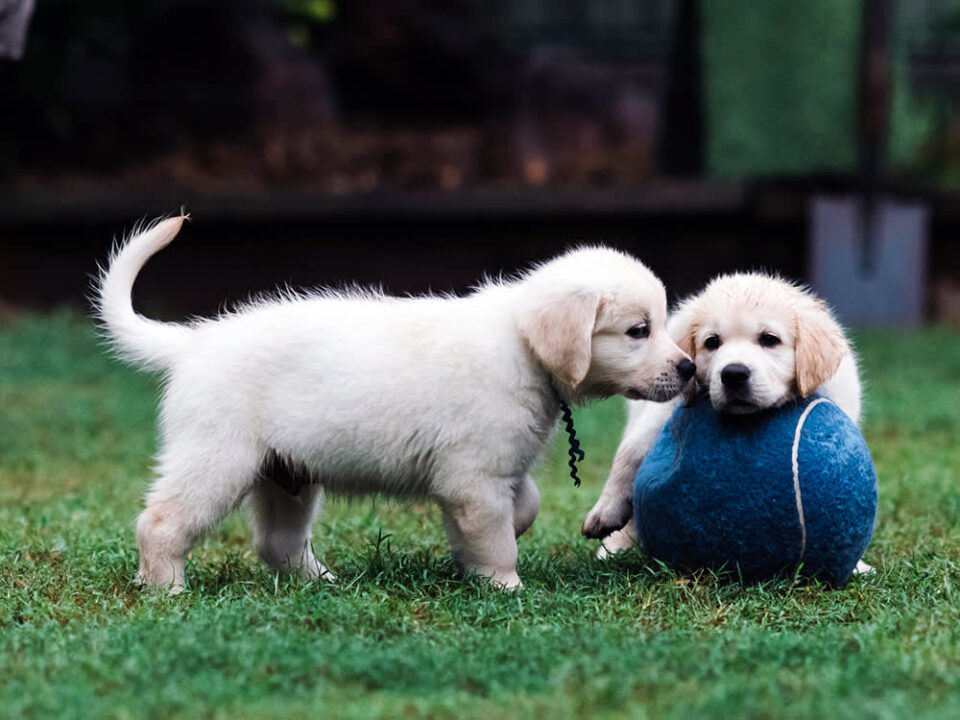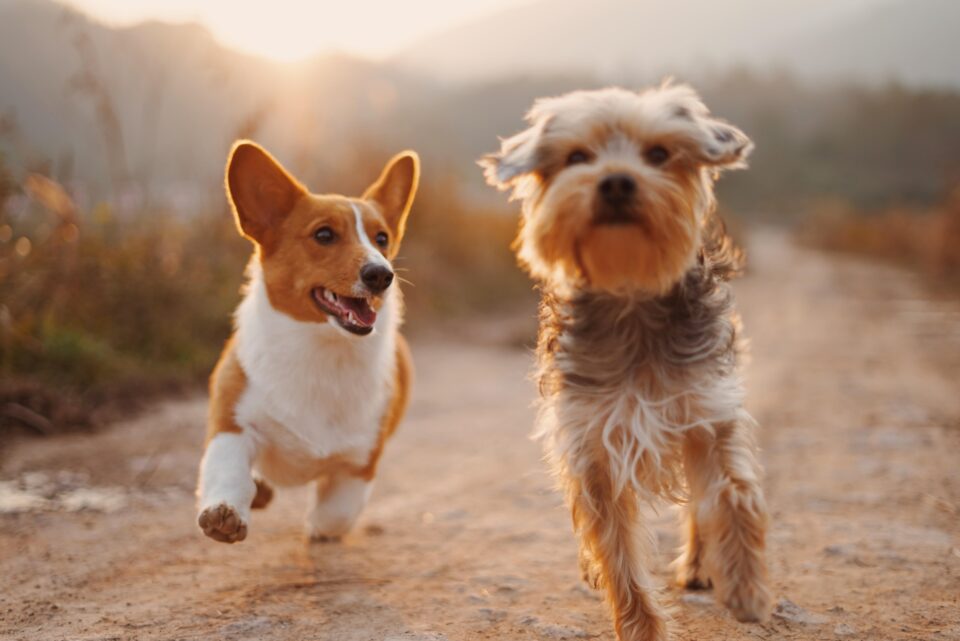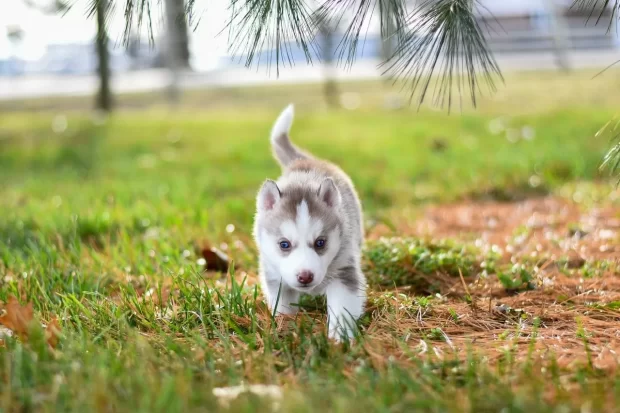Getting a new puppy is a rewarding experience that also comes with many responsibilities. Socialization helps puppies develop the necessary skills to interact with other dogs and humans positively, reducing the risk of aggression and fear-based behaviors. A few techniques to help you train them are
- Start doing it at an early stage. Puppies go through a critical socialization period between three and fourteen weeks old. In this phase, they are most receptive to new experiences and interactions. It is the ideal time to expose your puppy to a variety of people, places, and things in a positive and controlled environment.

- Introducing your puppy to different people and dogs. Start with family members and close friends, then gradually expose your puppy to strangers. Make sure to supervise all interactions and reward your puppy with treats and praise for calm and positive behavior. When it comes to introducing your puppy to other dogs, start with dogs known to be friendly. Avoid dog parks or other places where dogs may be unpredictable or aggressive. If either dog shows signs of discomfort or aggression, separate them and try again another time.
- Expose your puppy to different environments. Take your puppy on walks in your neighborhood, and visit parks and pet stores.
- Positive reinforcement is a powerful tool for socializing your puppy. Reward your puppy with treats and praise for calm and positive behavior, such as sitting calmly in a new environment or approaching another dog politely.
- When introducing your puppy to new experiences, it’s essential to do so gradually. Start with short and controlled interactions and gradually increase the duration and complexity of the experience.
- Desensitization involves exposing your puppy to a particular stimulus, such as loud noises or new people, in a controlled and gradual way until they become desensitized to it. This technique can help reduce fear-based behaviors and make your puppy more confident in new situations.

- Make socialization a regular part of your puppy’s routine, and continue to expose them to new experiences throughout their life.
- Remember that each puppy is different and may take longer to adjust to new experiences. Be patient and persistent in your efforts, and reward positive behavior consistently.
- If you’re having difficulty socializing your puppy, don’t hesitate to seek professional help. A qualified dog trainer or behaviorist provides valuable guidance and support in socializing your puppy and may be able to identify any underlying issues that could be hindering your progress.
Understanding how to socialize a puppy is a critical step in the development and personality later in life. With time and effort, your furry friend will develop the necessary skills to thrive in social situations.
 " />
" />





